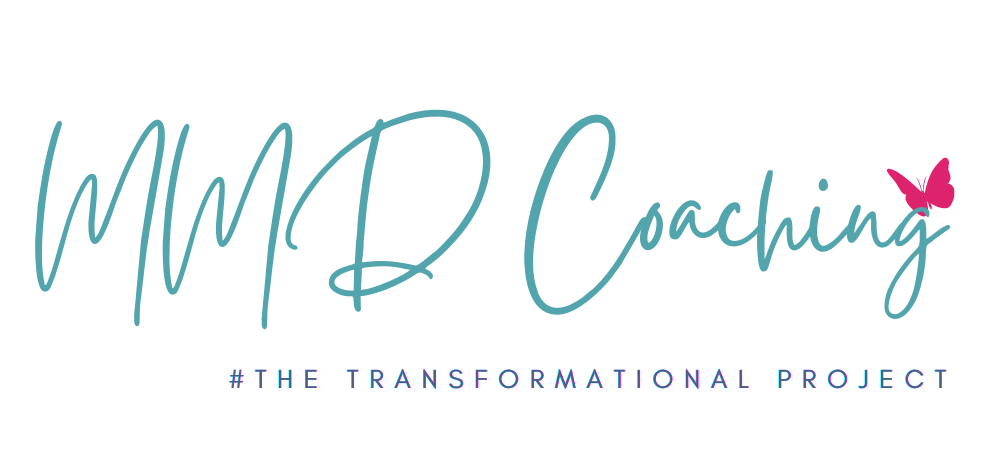Unveiling the Principles of Positive Psychology: Embracing Authentic Growth over Toxic Positivity
In the realm of personal growth and self-development, positive psychology has emerged as a powerful approach that focuses on enhancing well-being and flourishing rather than solely addressing psychological disorders. It is a philosophy that urges individuals to nurture their strengths, cultivate positive emotions, and lead a meaningful life. However, in our pursuit of positivity, it is crucial to differentiate between the principles underlying positive psychology and the dangers of toxic positivity. In this blog post, we will explore the fundamental principles of positive psychology while shedding light on the differences that set it apart from the harmful effects of toxic positivity.
Principle 1: Embracing Realistic Optimism
Positive psychology acknowledges the importance of optimism, but it is not about wearing rose-colored glasses and denying the existence of negative emotions or challenges. Instead, it encourages a realistic approach, where individuals acknowledge their struggles and setbacks, while maintaining an optimistic perspective for growth. This principle invites us to reframe our experiences, learn from adversity, and focus on finding solutions rather than dwelling on problems.
Principle 2: Cultivating Strengths and Virtues
Rather than obsessing over weaknesses and deficiencies, positive psychology emphasizes the identification and nurturing of our unique strengths and virtues. By understanding and utilizing our innate capabilities, we can enhance our well-being and achieve a sense of fulfillment. It encourages self-reflection, self-awareness, and embracing our authentic selves, thus enabling personal growth and meaningful connections.
Principle 3: Fostering Positive Emotions
Positive psychology encourages the cultivation of positive emotions such as joy, gratitude, love, and serenity. These emotions not only contribute to our overall well-being but also broaden our perspective, enabling us to see more possibilities and build resilience. This principle highlights the importance of savoring positive experiences, practicing gratitude, and engaging in activities that bring us joy, ultimately enhancing our mental and emotional well-being.
Principle 4: Nurturing Meaning and Purpose
Living a meaningful life is a central aspect of positive psychology. It emphasizes the pursuit of one's purpose, aligning actions with values, and finding a sense of meaning in daily activities. This principle reminds us that true happiness is often derived from a sense of purpose and service to others. By engaging in meaningful endeavors, we can experience a deeper sense of satisfaction and fulfillment.
Distinguishing Toxic Positivity
While positive psychology promotes a healthy and balanced approach to personal growth, toxic positivity represents a distorted and harmful version of it. Toxic positivity involves the denial, repression, or invalidation of negative emotions or experiences. It tends to oversimplify complex emotions and situations, urging individuals to "just be positive" without acknowledging genuine struggles or pain. Here are a few key differences between positive psychology and toxic positivity:
1. Authenticity vs. Suppression: Positive psychology encourages authenticity and acknowledges the full spectrum of human emotions. Toxic positivity, on the other hand, promotes the suppression or denial of negative emotions, dismissing them as irrelevant or unworthy.
2. Growth vs. Avoidance: Positive psychology fosters growth and resilience by facing challenges and learning from them. Toxic positivity often encourages the avoidance of negative emotions or situations, leading to superficial and temporary solutions.
3. Empathy vs. Invalidating: Positive psychology recognizes the importance of empathy and compassion towards oneself and others. Toxic positivity tends to invalidate or dismiss genuine emotions, often resulting in feelings of guilt or shame for the individual experiencing them.
4. Realistic Optimism vs. Toxic Pseudo-Happiness: Positive psychology promotes realistic optimism, acknowledging both the positive and negative aspects of life. Toxic positivity, however, promotes a superficial and forced form of happiness that denies the complexities of human experience.
5. Growth Mindset vs. Fixed Mindset: Positive psychology encourages a growth mindset, where individuals believe in their capacity for change and improvement. Toxic positivity often promotes a fixed mindset, suggesting that one should always be happy and content, leaving no room for personal growth or development.
Positive psychology serves as a powerful tool for personal growth and self-development, providing principles that foster well-being, resilience, and genuine happiness. By embracing realistic optimism, nurturing strengths, fostering positive emotions, and finding meaning and purpose, individuals can embark on a journey of self-discovery and growth.
However, it is essential to be aware of the dangers of toxic positivity. While positivity is indeed valuable, toxic positivity dismisses genuine struggles, suppresses authentic emotions, and hinders true growth. By embracing the principles of positive psychology and understanding the differences with toxic positivity, we can create a balanced approach to personal growth that honors our authentic selves and promotes genuine well-being.
So, let us embrace the power of positive psychology and cultivate a mindset that allows us to navigate life's challenges with resilience, authenticity, and compassion. Remember, true growth comes from embracing our full range of emotions and experiences, and finding the strength to move forward with courage and grace.
MMDPersonal Growth & Self-Development Coach

